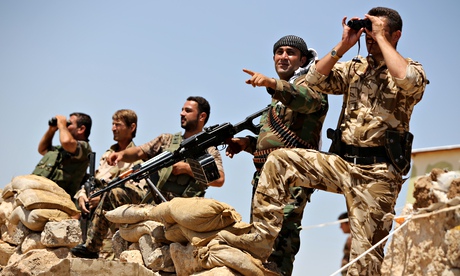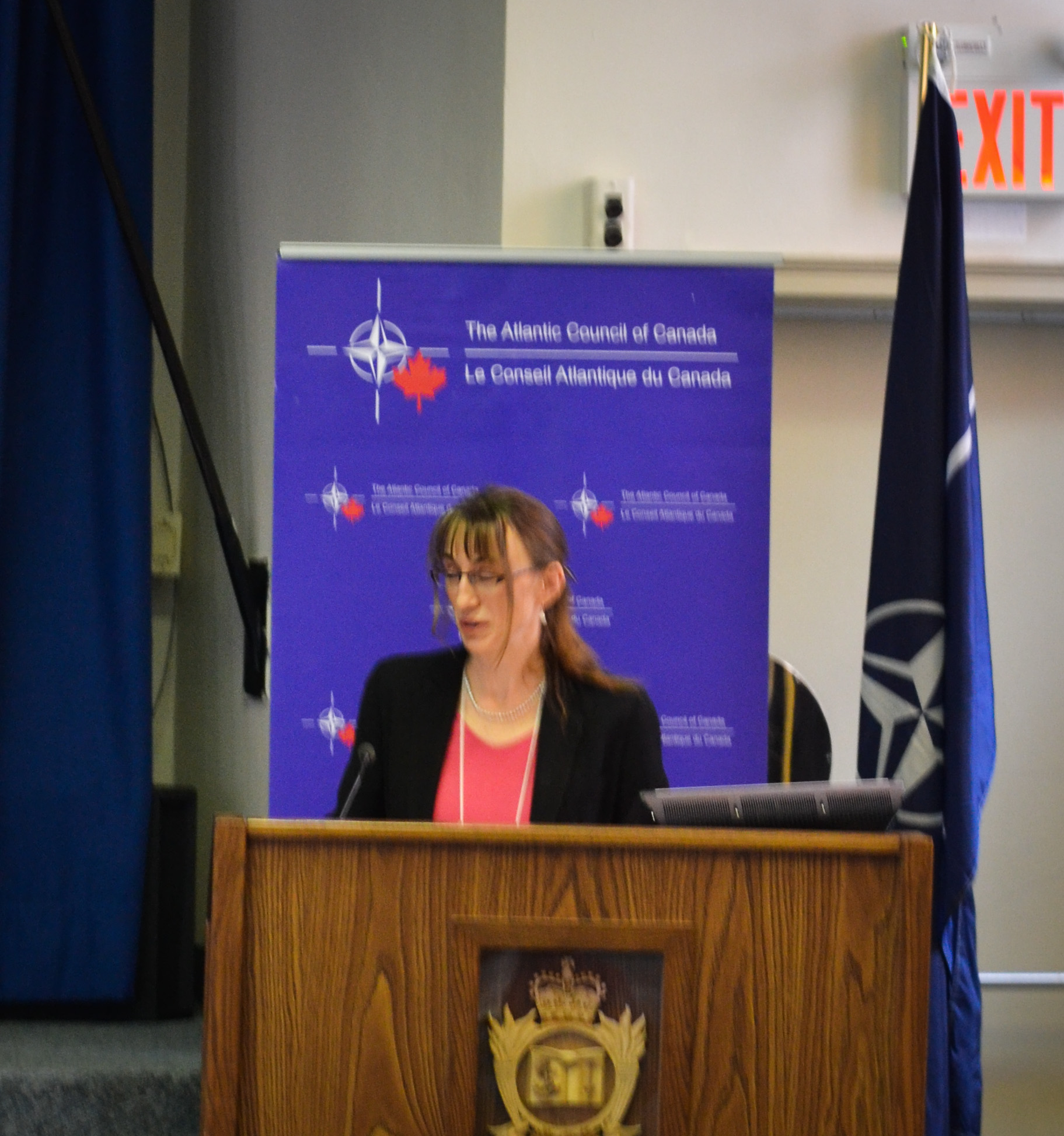The rise of the Islamic State (IS) poses a threat not only to Middle Eastern security but also to the security of Canada and its Western allies. The Harper government has rightly committed Canadian military assets to the anti-IS coalition and is considering further commitments. To maximize the effectiveness of its military contributions in the context of American strategy, Canada should understand the critical vulnerabilities of that strategy and tailor its contributions to fill those gaps.

The American military strategy to “degrade and destroy” IS is based on the twin pillars of air strikes and military training and support. The US-led coalition airstrikes intend to interdict IS communications and troop movements, provide close air support for anti-IS forces, destroy IS sources of revenue, and destroying IS critical infrastructure. The military training and equipment is aimed primarily at the Kurdish Peshmerga militia, which requires instruction in the use of the more advanced weapons that the West is supplying. The Iraqi military is well-equipped but still in desperate need of training and military advice. Its humiliating collapse at Mosul in June was partially the result of poor leadership and unprofessionalism in its officer corps.
Canada’s current and projected military commitments support both pillars of this strategy and match efforts by other US allies. The commitment of two dozen special forces personnel from the Canadian Special Operations Regiment (CSOR) to train Kurdish forces fighting IS is a contribution to existing US, British, and French efforts. Likewise, Canada’s commitment of of 6 CF-18 strike aircraft would match recent contributions by the United Kingdom, Australia, Belgium, and Denmark.
Shaping a favourable Iraqi political landscape is just as central to the American strategy. American hesitation to intervene in June and July raised the political pressure on former Iraqi Prime Minister Nouri al-Maliki, whose government had alienated Iraq’s Sunni population by favouring Shiites. By intervening only after Maliki’s forces had suffered humiliating defeats at the hands of IS and then making it clear that the US supported a change in Iraq’s political leadership, the US contributed to the bloodless transition of power from Maliki to Haider al-Abadi. Abadi has less political baggage than Maliki. He also may be able to rally the Sunni population against IS, which is fundamental to victory and sustained political stability in Iraq.
Ensuring domestic political support is also key to US strategy in Iraq. By hesitating to intervene and admitting that the US had no “strategy” to deal with IS, President Barack Obama came under sustained criticism for his seemingly weak response. When Obama did take action, he thus appeared to be responding to overwhelming popular pressure for action rather than recklessly entangling the US in another foreign war. Likewise, his insistence that the US will not involve ground troops in combat is aimed to reduce public apprehensions. In short, Obama understands that the Western military mission in Iraq will be ultimately unsustainable without strong public support.

At the same time, the US strategy has clear vulnerabilities. Certainly, the use of air power to support local fighters to retake ground has worked before in Bosnia and Libya, but it is doubtful that this will work in Iraq. The US appears to be counting on the Kurdish Peshmerga militia to drive IS back and so save Iraq, but the Kurdish political leadership is eager to gain independence from Iraq and appears to have little desire to do any more fighting than is necessary to secure their frontiers. That leaves the Iraqi security forces, but the poor quality of their officer corps and their inability to retake ground from IS forces in June and July makes their contribution questionable. Having ruled out Western ground troops, the US-led coalition faces the risk of failure if its local partners are unwilling or unable to retake ground from IS.
Canada lacks the capabilities and influence to substantially change American strategy even if it wanted to, but it does have the ability to direct its contributions where they will address the critical vulnerabilities of US strategy. However, Canada’s current contributions are not targeted in this way. Sending strike aircraft is a valuable show of political support for the US, but it is unlikely that 6 CF-18s will make a meaningful difference in Iraq given the broader limitations of the air power strategy. Likewise, Canada’s training mission in Iraqi Kurdistan is useful but also limited thanks to the Kurdish political leadership’s reluctance to carry the fight against IS beyond its border zones.
To increase its effectiveness, Canada should consider extending a training mission to the Iraqi security forces. Unlike the Kurds, the Iraqi political leadership is clearly committed to retaking control of northern and western Iraq from IS. Also, the presence of Western military advisers could make a critical difference to the Iraqi military, which has modern equipment but suffers from an unprofessional officer corps. Nor would Canada’s forces be unprepared to provide such training. CSOR has a wealth of experience in rigorous military training that it gained during Canada’s involvement in Afghanistan.
Furthermore, Canada should expand its provision of humanitarian aid and reconstruction assistance to Iraq. This would combat a key political vulnerability of coalition strategy: the antipathy of Iraqi Sunnis towards the central government. It is unfortunate that this proposal has become the prisoner of Canadian partisan politics, and the New Democratic Party’s call for humanitarian aid instead of a military mission is unrealistic and unhelpful. Still, it is clear that most Sunnis perceived the Iraqi security forces as an oppressive occupying army prior to the rise of IS. The Maliki government’s callous bombing of civilian targets in IS-occupied zones only confirmed this perception. Canada could provide financial and technical support to the Iraqi government that would help it resettle internally displaced persons and provide basic services and governance in Sunni areas regained from IS. This would be a modest contribution, but also a meaningful and effective one.



